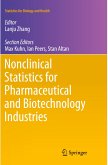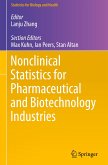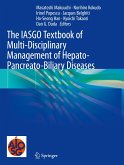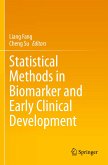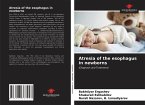Despite extensive clinical and basic research, we know very little about the aetiology and pathomechanism of biliary atresia (BA). Today, it is a matter of common sense that early diagnosis (screening programs), sequential surgical treatment (the Kasai procedure and optional liver transplantation), and thorough follow-up in paediatric liver units improve survival rates among BA patients with native livers. However, BA still remains the most frequent indication of paediatric liver transplantation in patients with an unfavourable outcome after the Kasai procedure because the survival with native liver drops below 30% over the long term. Therefore, the following aspects should be considered alongside individual health issues: first, early organ replacement is a multifactorial burden for the growing organism, and second, every patient who survives with their native liver relieves the limited availability of donor organs and benefits national health expenditures with economic savings. From that point of view, international and interdisciplinary strategies are mandatory, in as much as BA is a rare disease. Over the past several years, national and international initiatives have been established in order to improve screening, centralization, diagnosis, as well as surgical and adjuvant treatment protocols. One such initiative is the recently launched European rare diseases network "rare-liver".
Hinweis: Dieser Artikel kann nur an eine deutsche Lieferadresse ausgeliefert werden.
Hinweis: Dieser Artikel kann nur an eine deutsche Lieferadresse ausgeliefert werden.


